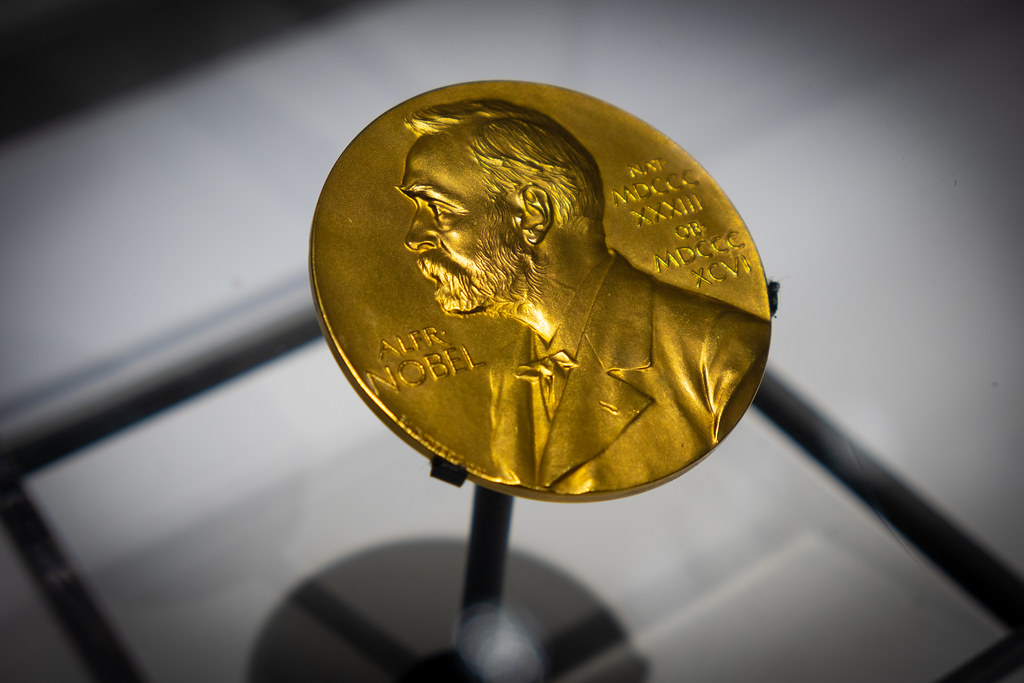Founded in 1965, Singapore is a city-state off the southern tip of the Malay Peninsula. Although almost half the size of New York City, Singapore is known for its sustainability, safety, and diverse population. The name Singapore means “Lion City,” and statues of merlions can be seen all around the region. Singapore is a global leader in sustainable urban development creating green yet modern living spaces that people claim to be ten years ahead of many other countries in the world.
A large part of Singapore’s sustainability is waste disposal. In the United States, trash disposal goes along the lines of collecting trash and then throwing it into landfills. Although there is some composting and recycling in the process, a majority of waste like food ends up in landfills. In fact, according to the EPA, approximately 60% of food waste was put into landfills. The decomposition of materials found in landfills and the lack of recycling and composting causes massive amounts of fugitive greenhouse gases to be released into the atmosphere. Not only is this detrimental to the atmosphere, but these landfills can cause health risks to nearby populations.
Singapore has an intricate and effective way of handling trash that is much more sustainable compared to other countries like the United States. First, waste is often successfully recycled with the overall recycling rate being 52% in 2023. Second, the biomass collected from greenery around Singapore is disposed of through a cogeneration plant in Marina Bay Sands. From the cogeneration plant, electricity, and cooling are provided to the city. The byproducts of this operation are then converted into green concrete and clean air. Third, non-biomass waste is put through waste treatment. In this waste treatment, any materials that can be recycled are recovered and other waste is incinerated and turned into electricity for the city. Once the waste treatment is finished, the ash and non-incinerable items are then sent to an island known as Semakau Landfill, where waste is put underneath greenery in an environmentally friendly way.
Singapore’s approach to waste management demonstrates how effective sustainability can be when technology, innovation, and careful planning come together. By recycling, using cogeneration plants to turn biomass into energy, and managing non-recyclable waste in environmentally friendly ways, Singapore drastically reduces environmental impact. The country’s commitment to minimizing landfill use and maximizing resource recovery is a model for cities around the world. As the global community faces increasing environmental challenges, Singapore’s success proves that sustainable waste disposal is not only possible but also essential for a greener future.








